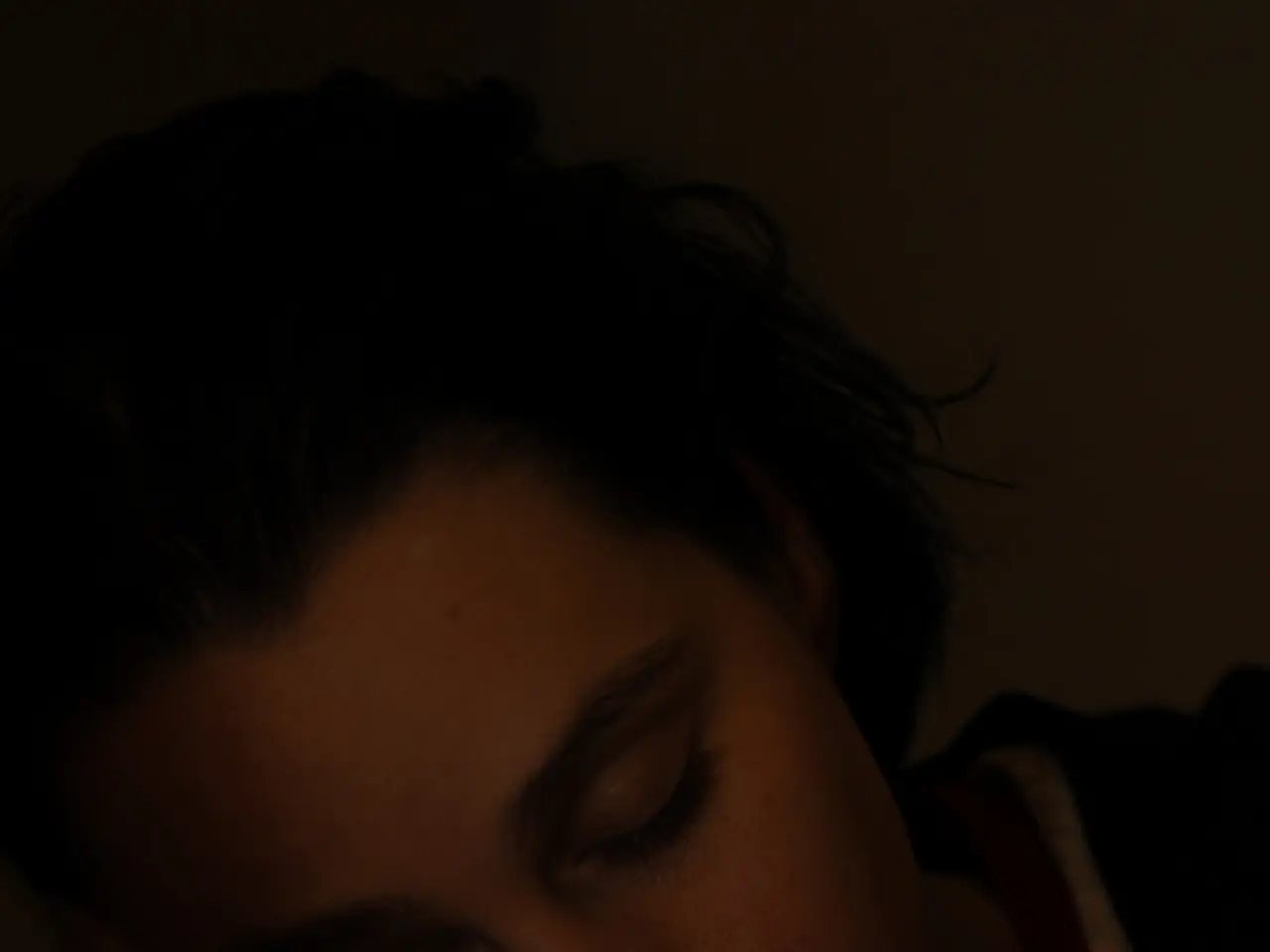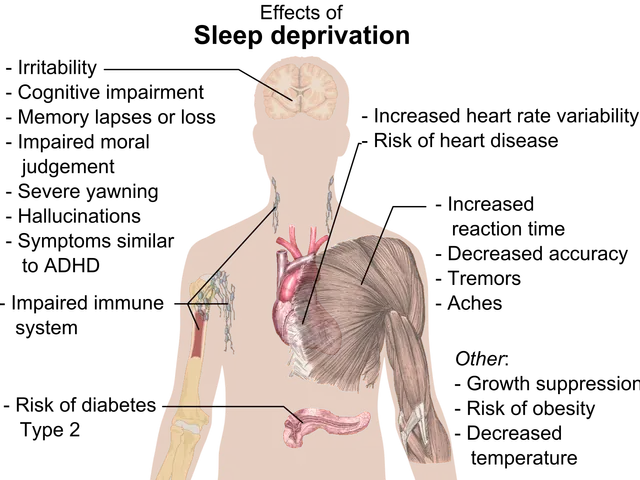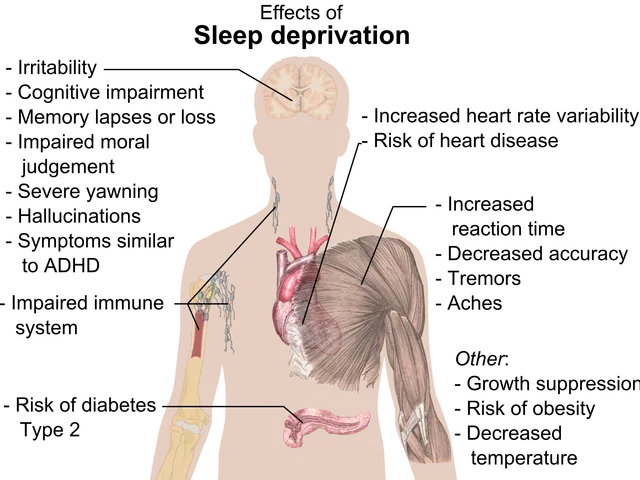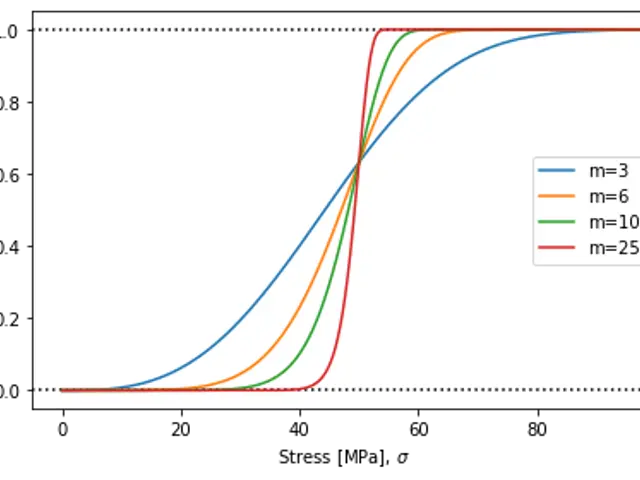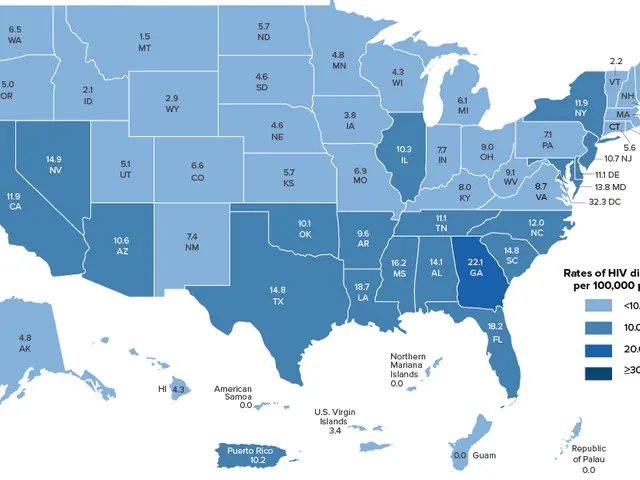Study Identifies Five Distinct Sleep Types Linked to Mood and Brain Activity
A groundbreaking study published in PLOS Biology has identified five distinct sleep types, each linked to unique patterns of mood, health, and brain activity. This discovery sheds light on the complex relationship between sleep and mental health, potentially paving the way for more personalized sleep improvement strategies.
The study found that the first type, LC1, is characterized by overall poor sleep and psychological distress. These individuals struggle with falling asleep, frequent awakenings, and daytime fatigue, often accompanied by mental health issues like stress, depression, and anxiety management. Their sleep patterns are associated with stronger connections between attentional and sensorimotor brain networks, linked to anxiety and depression.
In contrast, the second type, LC2, shows psychological symptoms but reports relatively normal sleep. These individuals exhibit high 'sleep resilience,' managing adequate sleep despite psychological stress. They differ from the first type in their stronger connections between attentional and default mode brain networks, indicating better emotional regulation.
The third type, LC3, centers on frequent use of sleep medications. While these individuals have few daytime problems, they experience some cognitive and emotional perception impairments. The fifth type, LC5, involves disturbed or fragmented sleep, linked to anxiety, substance-use issues, and lower cognitive performance. The fourth type, LC4, involves short sleep duration, typically fewer than six or seven hours per night, leading to worse attention and memory tasks.
Millions of Americans turn to supplements, medications, or tracking apps to improve sleep. However, the study suggests that improving sleep may require more personalized approaches, considering emotional state, daily routines, and physical health.
The discovery of these five sleep types underscores the importance of understanding individual sleep patterns and their impact on mental health and brain activity. By recognizing these distinct types, healthcare professionals can tailor sleep improvement strategies to each individual's unique needs. This could lead to better outcomes for the estimated one-third of American adults who do not consistently get recommended amounts of uninterrupted sleep.
